"A Country to Live in " foundation continues to look for Ambassadors - people who will represent the fund in their country of residence. Several people have already responded to our call. Today we represent Ivan Sinyakov, who lives in New Zealand.
Tell us about yourself. Are you a Belarusian, or do you have relatives in Belarus?
I am a second-generation Belarus. Parents moved in childhood from Siberia and central Russia. Was born in Minsk in 1974. My sister and family, and my mother stayed in Minsk.
How did it happen that you live in New Zealand (this is the very end of the world)?
I left with my family in 2003 when I realized that I couldn’t change anything and everything was going in the wrong direction. He did not want to waste time and chose in favor of a new life. Good English, a specialty in programming, and work experience in the United States helped me quickly get a job in a new place. Currently fully integrated into the social systems of New Zealand. I never regretted the choice I made.
Does New Zealand follow what is happening in Belarus and which countries they watch (Australia, maybe the USA, or Europe)?
Unfortunately, most New Zealanders are not very interested in the world around them. I think this is typical of most countries with a good level of development - people are more interested in internal affairs at the local level: the environment, local authorities, local politicians, and opinion leaders. This is normal - these questions can be influenced. Local chats in the districts are well developed from international news Australia (50%), England (25%), USA (15%), China (5%), and the rest of the world (5%). News from Belarus, even at the peak of the tension, did not appear on the front pages. The average person knows very little about geography.
At what point did you become interested in what is happening in Belarus?
I always followed the news, keeping abreast of all important events in Belarus, Russia, and Ukraine.
Last year, did you have any hope of breaking the usual course of things in Belarus (rigged elections and people's subsequent reaction)? And if so, why?
Yes, it was, and strong. I remember the experiences of those events. Almost like a news bulletin from the front line - just as emotionally powerful. In my opinion, everything was powerful despite the serious (and underestimated) threat of the virus. This was especially powerful compared to 2010. Then everything was really sluggish.
Do you have an explanation for what is happening in Belarus before and after the 2020 elections?
There is a psycho who has become the main one by the will of people. Over time, he began to control too much. Therefore, it isn't easy now.
What is your forecast for the development of Belarus's situation: what is the worst scenario, what is the best? And are different options possible, or is there some predetermination?
In any case, we will come to a change of power. The question remains what victims and how quickly. Much depends on Russia's situation: if it gets worse there, it will be better for us. Nevertheless, a period of suffering always benefits the formation of a nation. Tough times give birth to strong personalities, unite in struggle, and greatly enhance culture.
Why did you decide to become the Fund's Ambassador? What are you planning to do in this capacity?
Each Belarus should do what it can for the common cause. My children are almost adults. I have the time and desire to help. First, I will engage in visual agitation - I will print on the A4 page what happened in Belarus in August 2020. A series of articles - "The Price of Freedom." The goal is to increase the number of people interested in our affairs. Separately will make about the women of protest.
What can you wish the Belarusians?
To continue hammering - no one knows what blow will break the building of the dictatorship.
If you want to become an Ambassador of the Foundation, fill out the form, and we will definitely contact you!
Tell us about yourself. Are you a Belarusian, or do you have relatives in Belarus?
I am a second-generation Belarus. Parents moved in childhood from Siberia and central Russia. Was born in Minsk in 1974. My sister and family, and my mother stayed in Minsk.
How did it happen that you live in New Zealand (this is the very end of the world)?
I left with my family in 2003 when I realized that I couldn’t change anything and everything was going in the wrong direction. He did not want to waste time and chose in favor of a new life. Good English, a specialty in programming, and work experience in the United States helped me quickly get a job in a new place. Currently fully integrated into the social systems of New Zealand. I never regretted the choice I made.
Does New Zealand follow what is happening in Belarus and which countries they watch (Australia, maybe the USA, or Europe)?
Unfortunately, most New Zealanders are not very interested in the world around them. I think this is typical of most countries with a good level of development - people are more interested in internal affairs at the local level: the environment, local authorities, local politicians, and opinion leaders. This is normal - these questions can be influenced. Local chats in the districts are well developed from international news Australia (50%), England (25%), USA (15%), China (5%), and the rest of the world (5%). News from Belarus, even at the peak of the tension, did not appear on the front pages. The average person knows very little about geography.
At what point did you become interested in what is happening in Belarus?
I always followed the news, keeping abreast of all important events in Belarus, Russia, and Ukraine.
Last year, did you have any hope of breaking the usual course of things in Belarus (rigged elections and people's subsequent reaction)? And if so, why?
Yes, it was, and strong. I remember the experiences of those events. Almost like a news bulletin from the front line - just as emotionally powerful. In my opinion, everything was powerful despite the serious (and underestimated) threat of the virus. This was especially powerful compared to 2010. Then everything was really sluggish.
Do you have an explanation for what is happening in Belarus before and after the 2020 elections?
There is a psycho who has become the main one by the will of people. Over time, he began to control too much. Therefore, it isn't easy now.
What is your forecast for the development of Belarus's situation: what is the worst scenario, what is the best? And are different options possible, or is there some predetermination?
In any case, we will come to a change of power. The question remains what victims and how quickly. Much depends on Russia's situation: if it gets worse there, it will be better for us. Nevertheless, a period of suffering always benefits the formation of a nation. Tough times give birth to strong personalities, unite in struggle, and greatly enhance culture.
Why did you decide to become the Fund's Ambassador? What are you planning to do in this capacity?
Each Belarus should do what it can for the common cause. My children are almost adults. I have the time and desire to help. First, I will engage in visual agitation - I will print on the A4 page what happened in Belarus in August 2020. A series of articles - "The Price of Freedom." The goal is to increase the number of people interested in our affairs. Separately will make about the women of protest.
What can you wish the Belarusians?
To continue hammering - no one knows what blow will break the building of the dictatorship.
If you want to become an Ambassador of the Foundation, fill out the form, and we will definitely contact you!


 Continue
Continue
